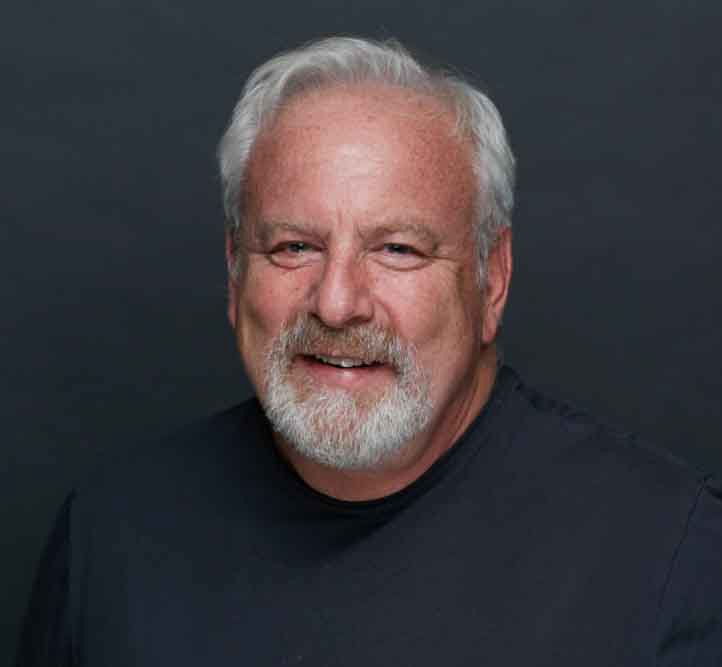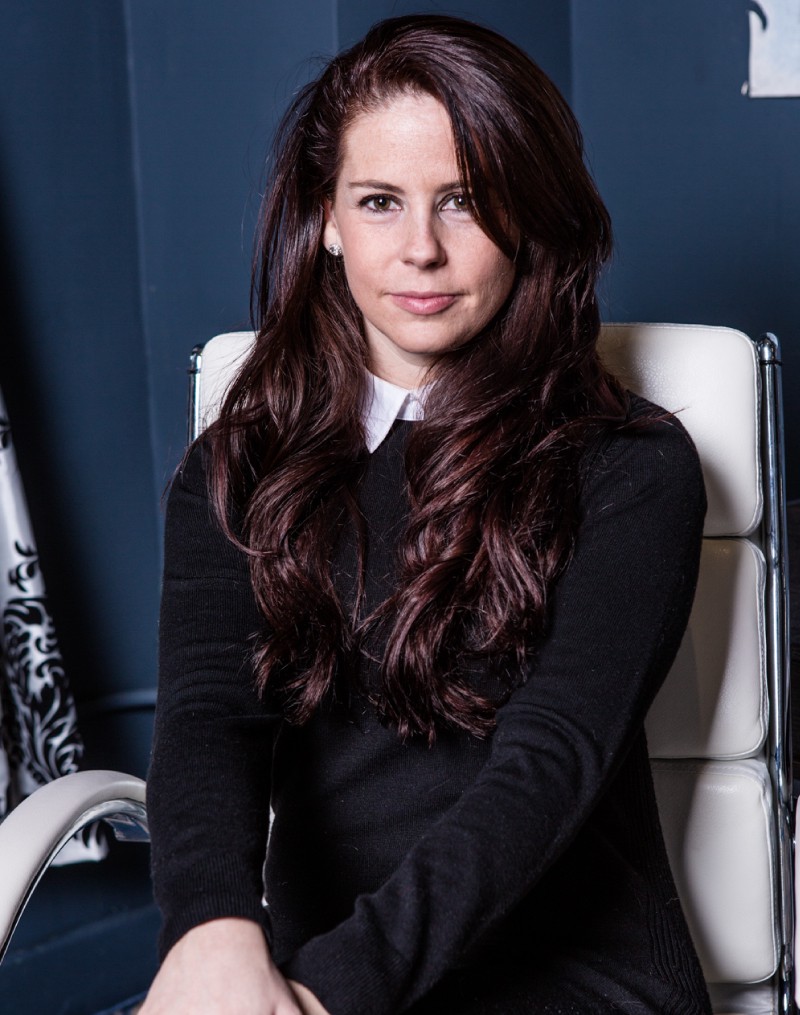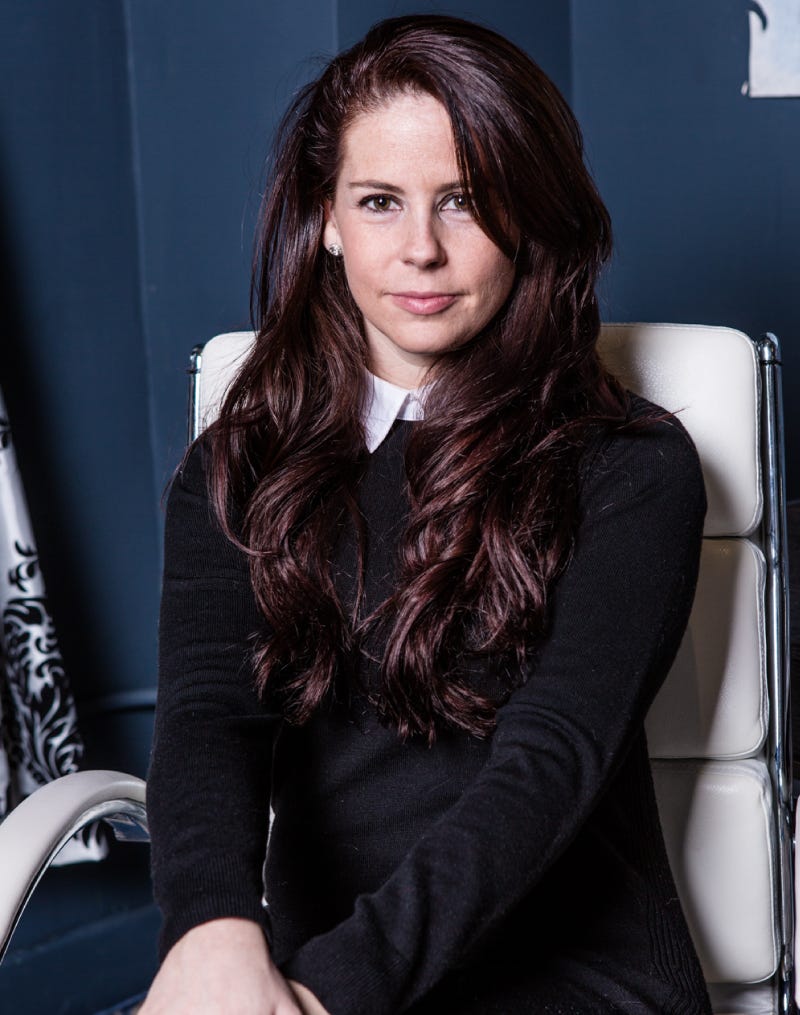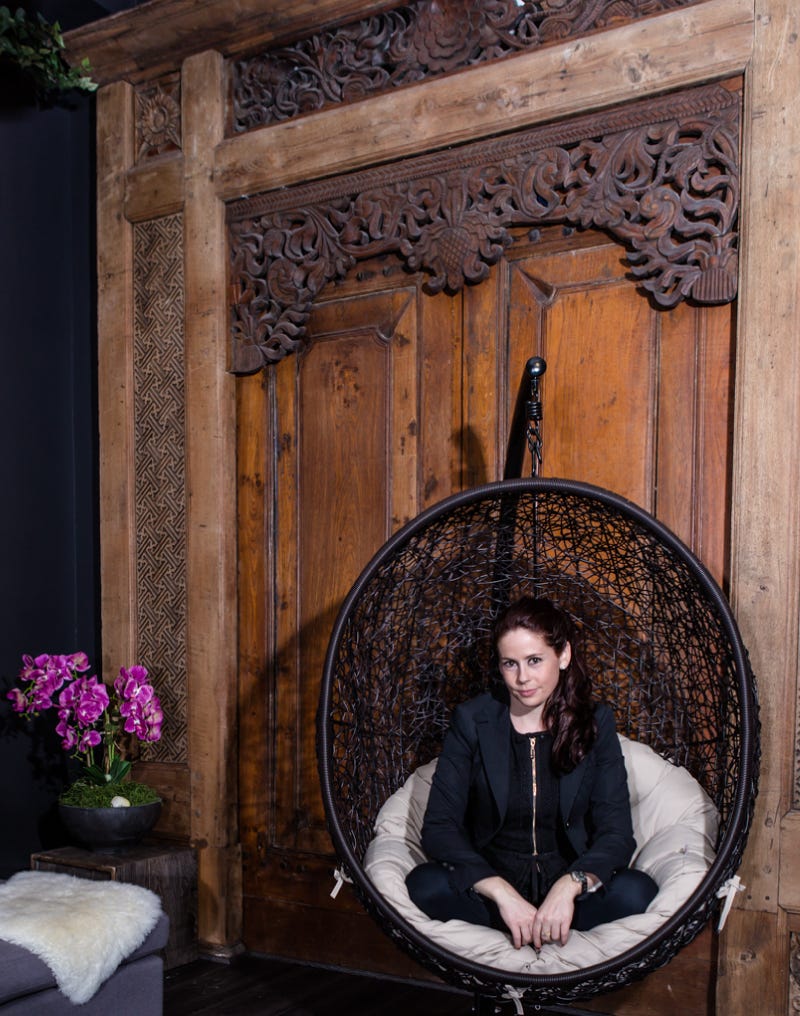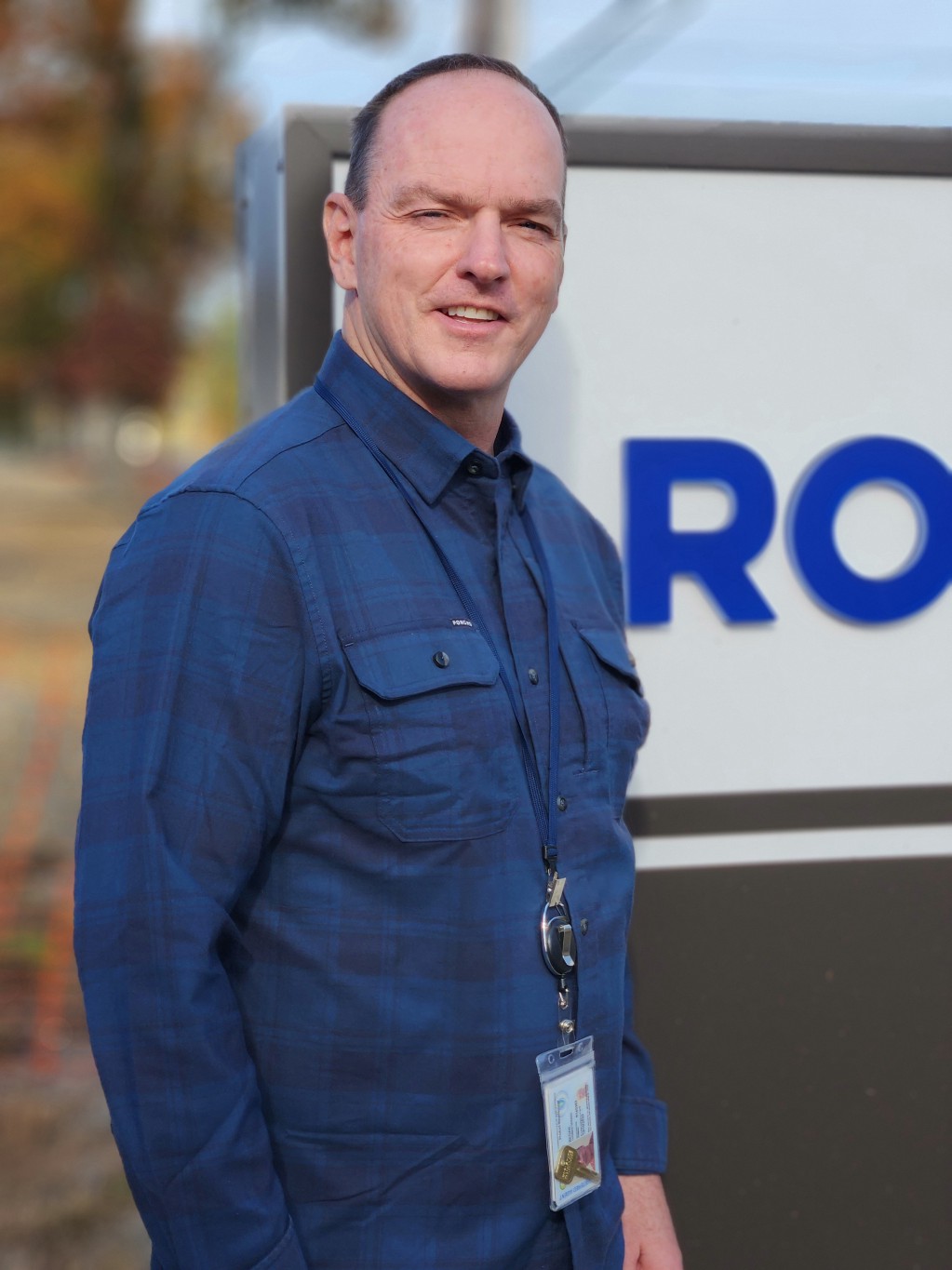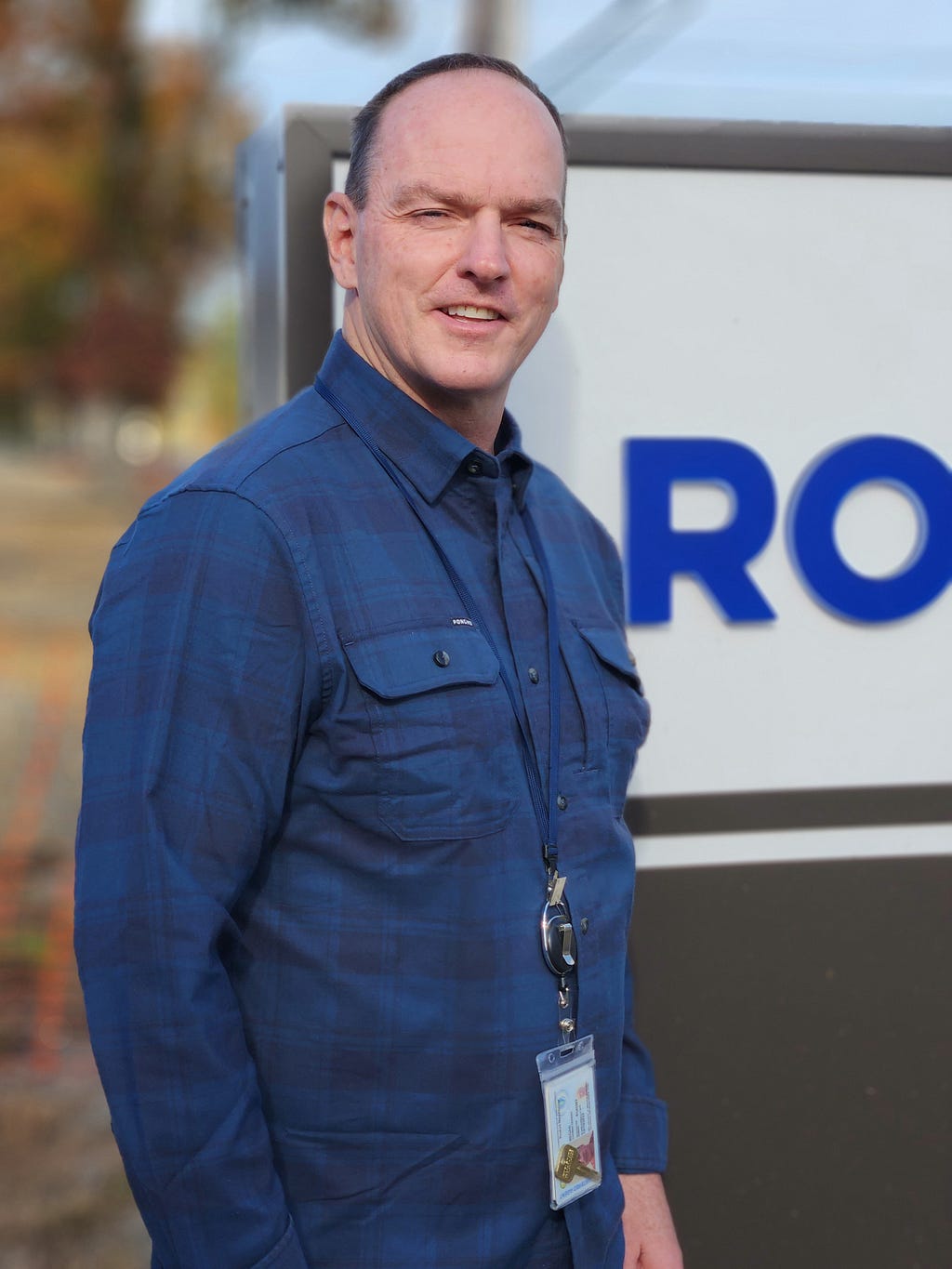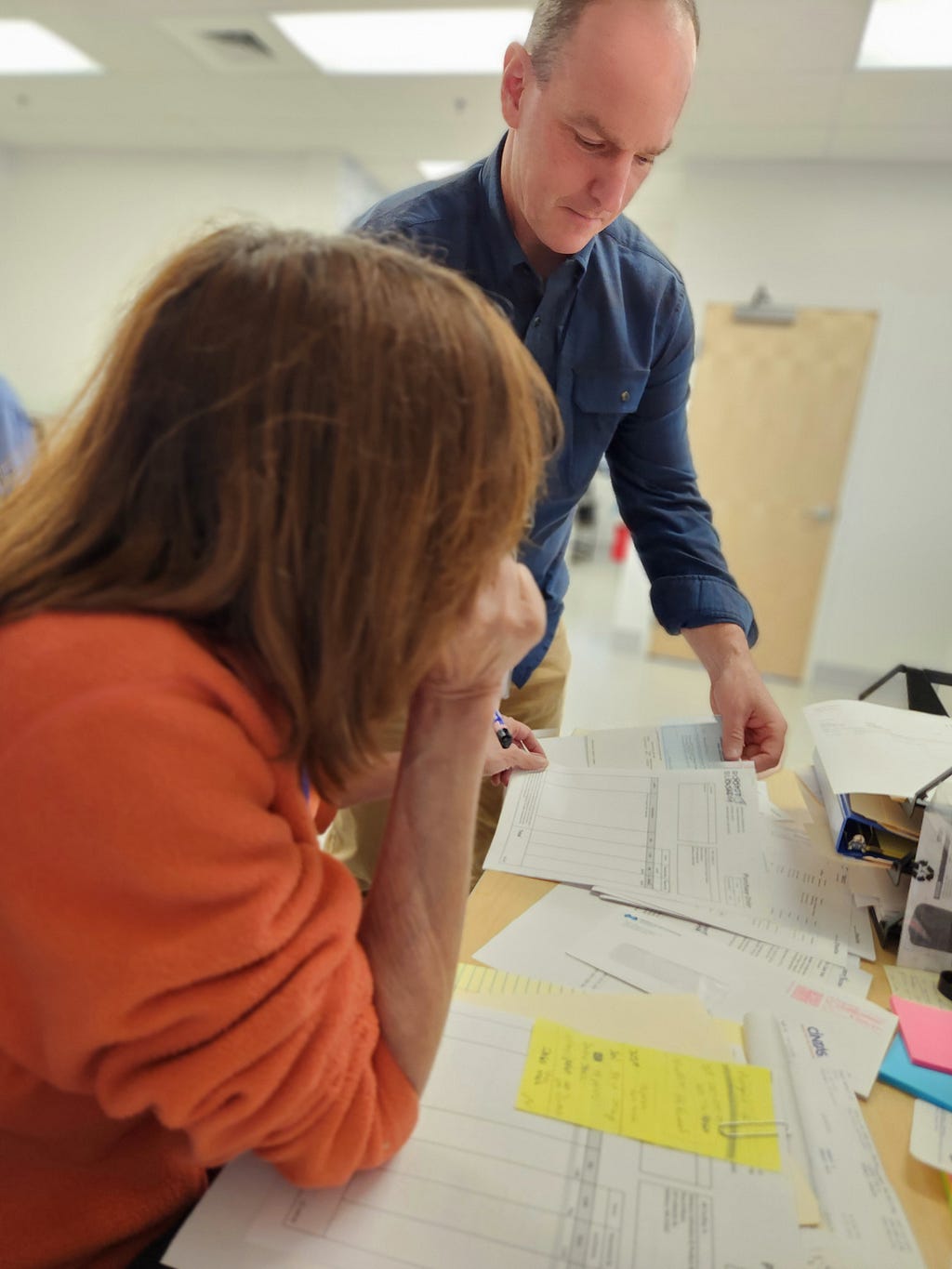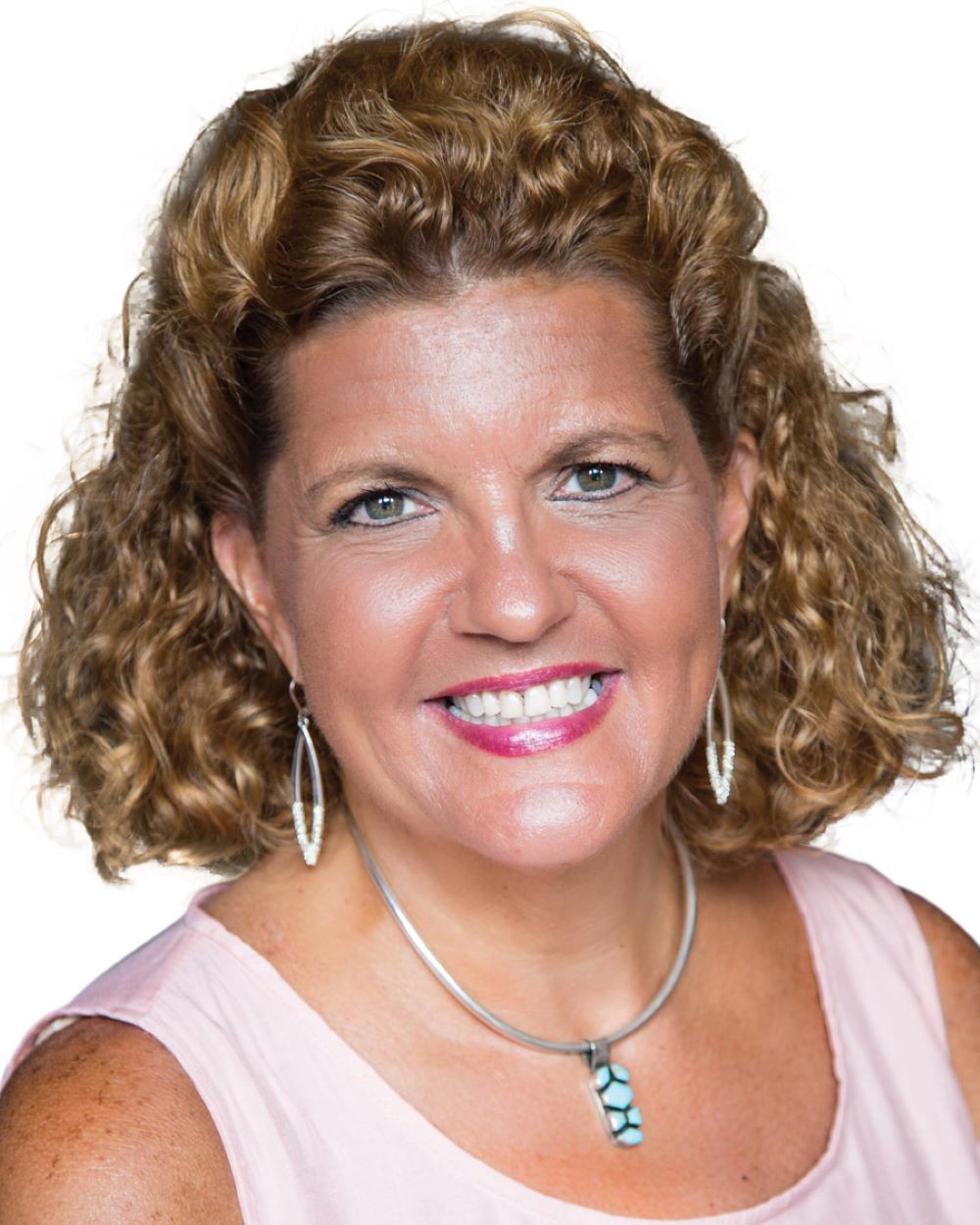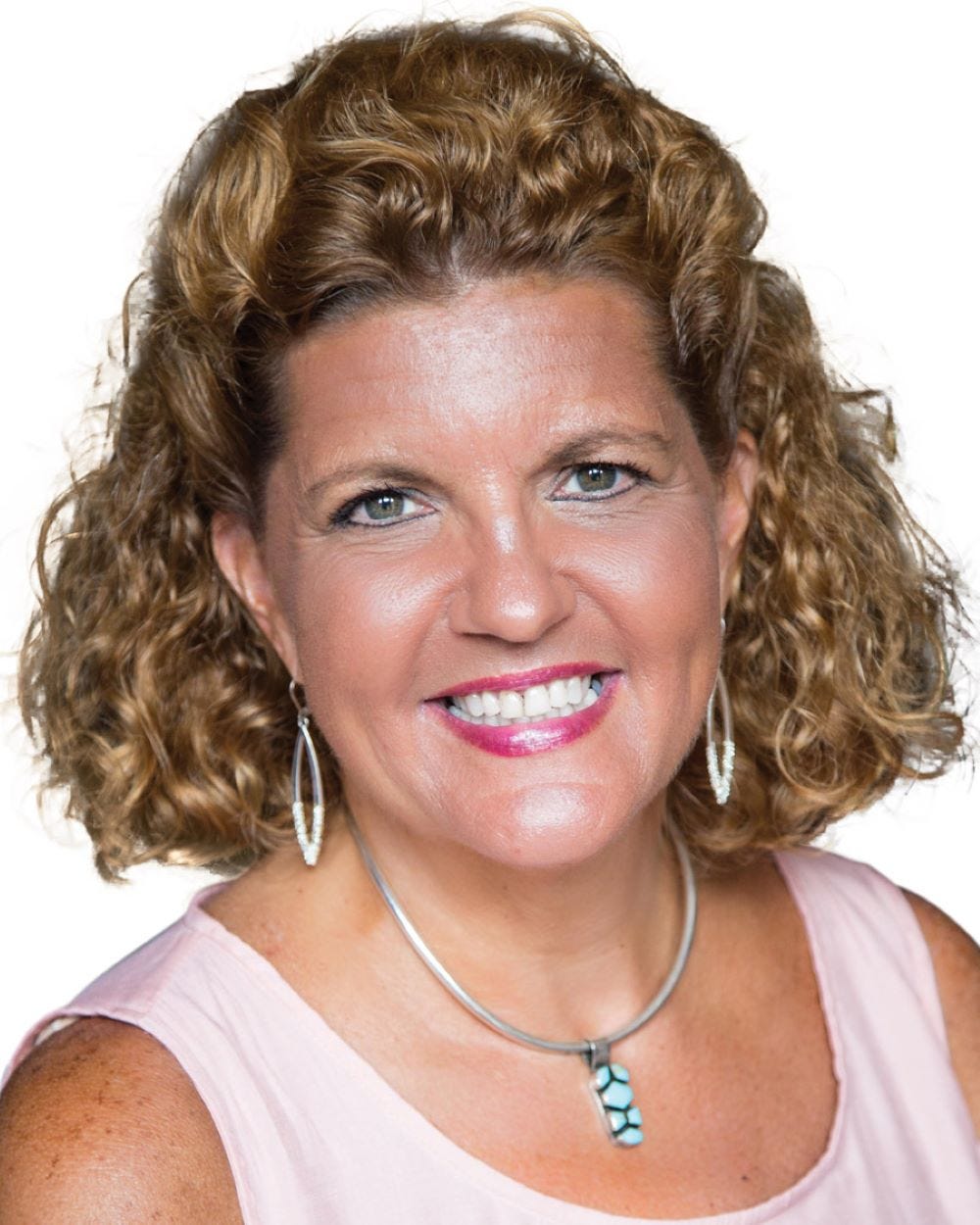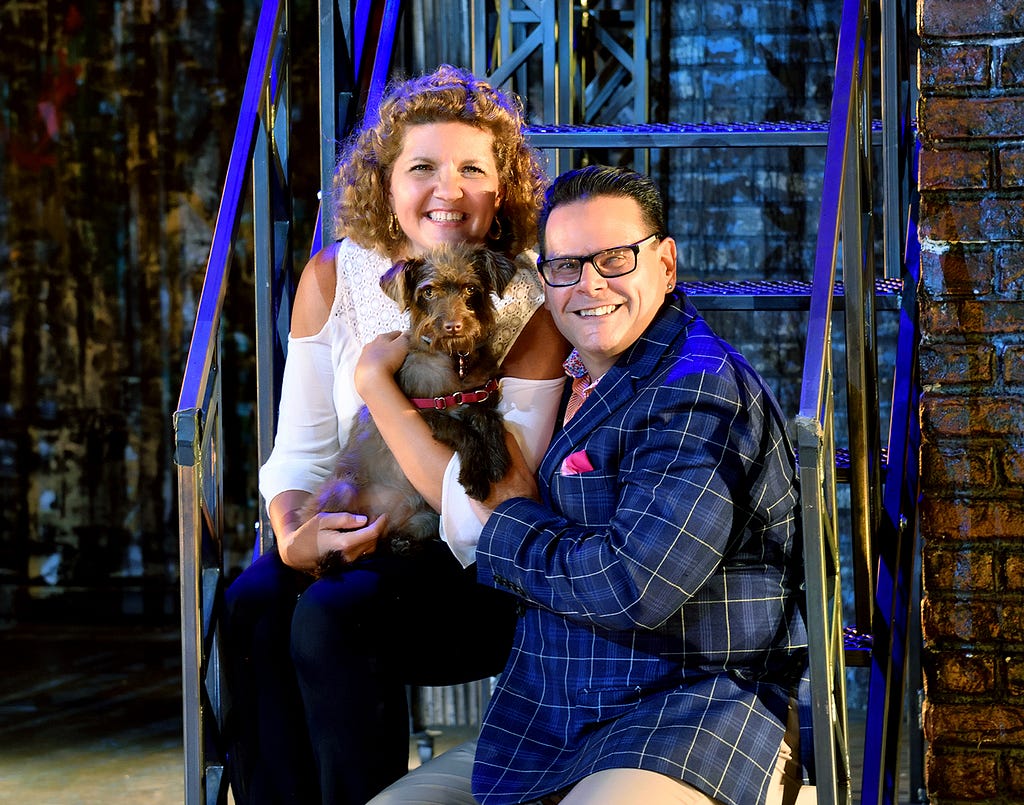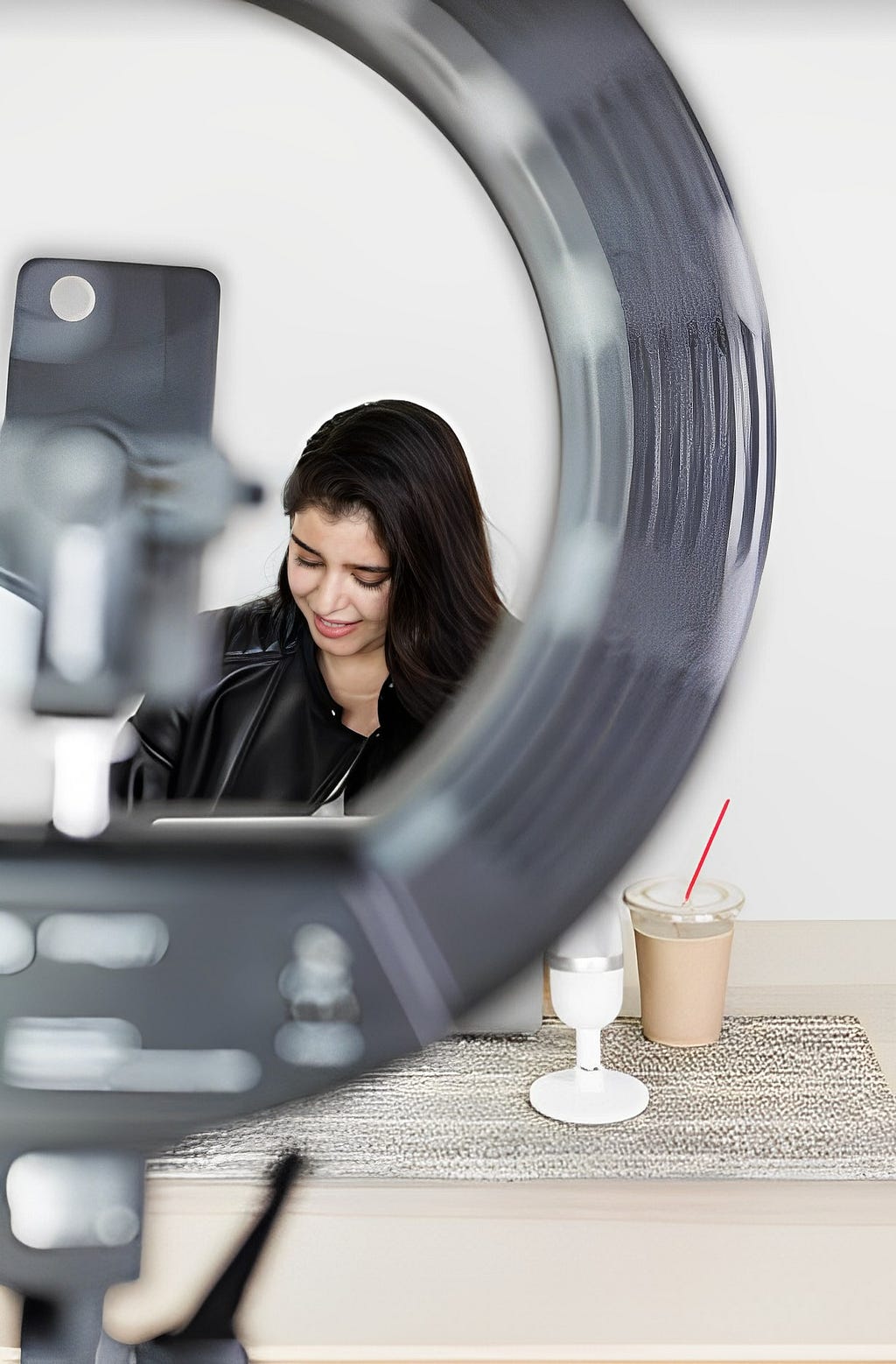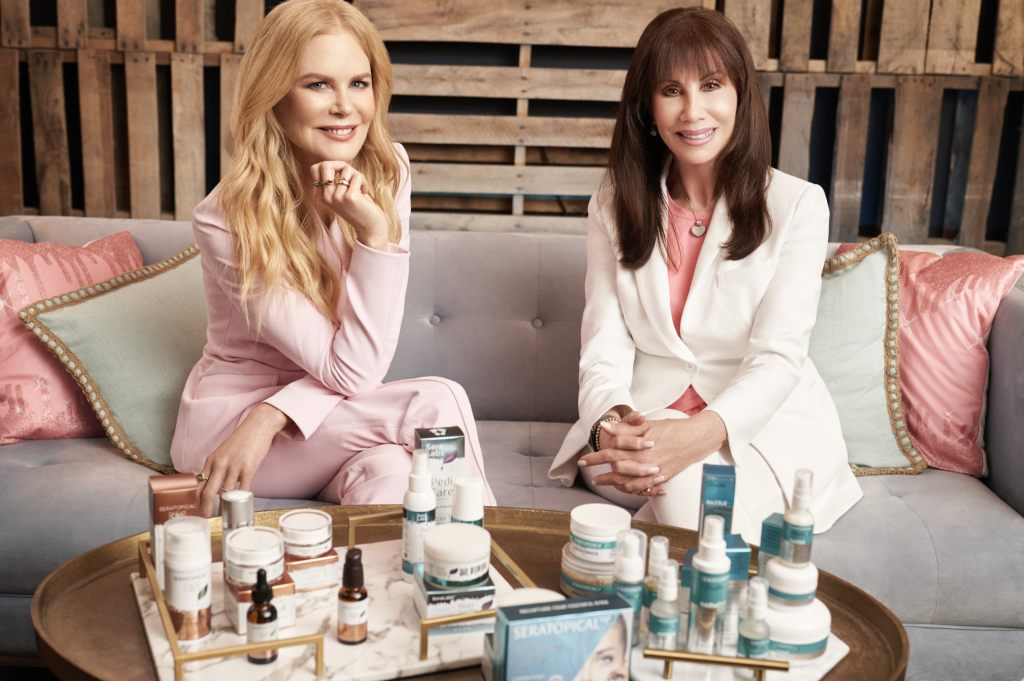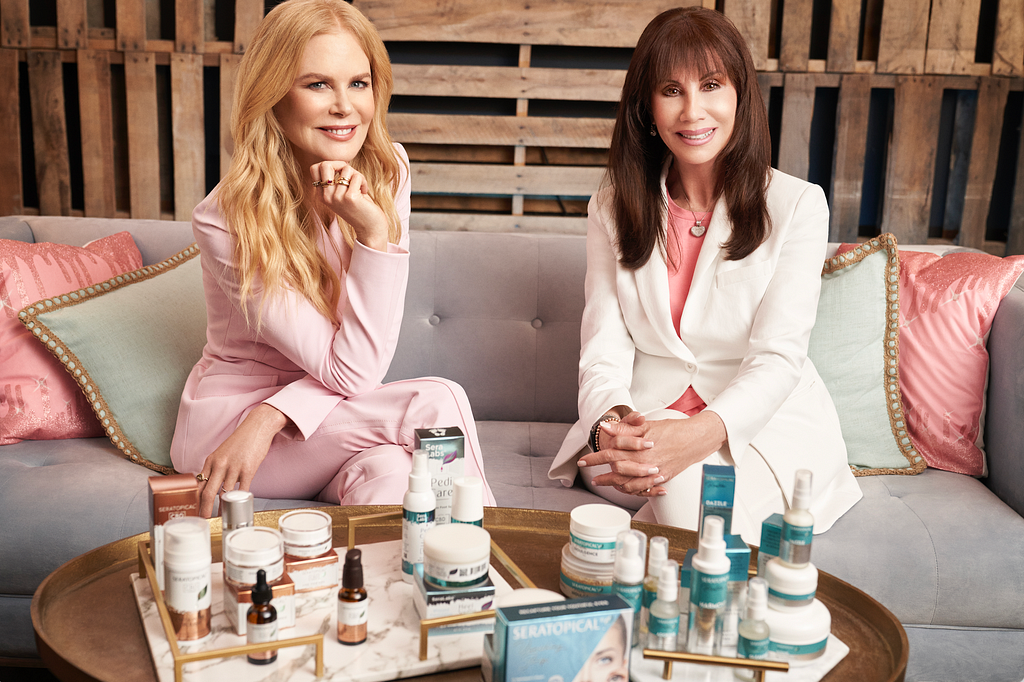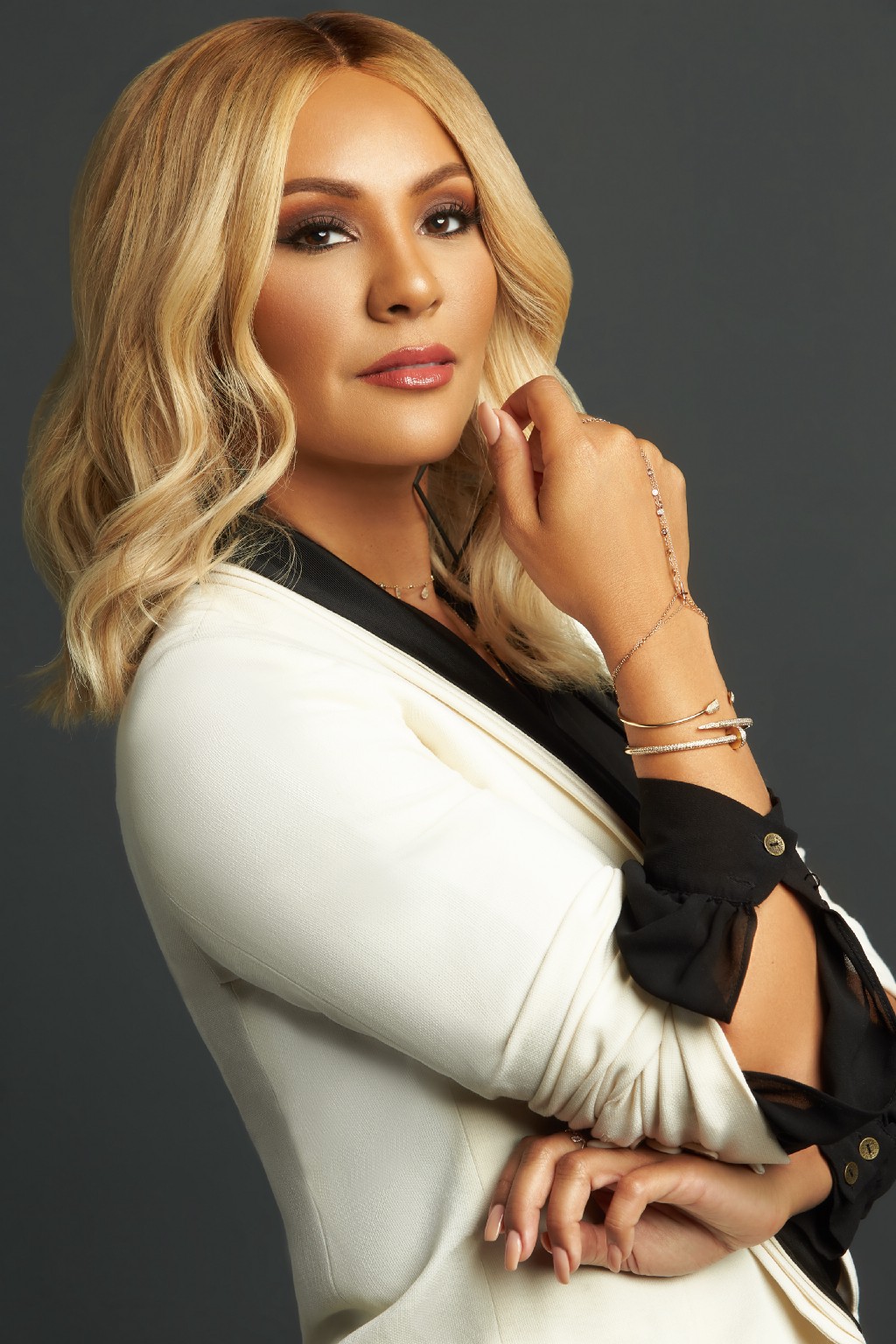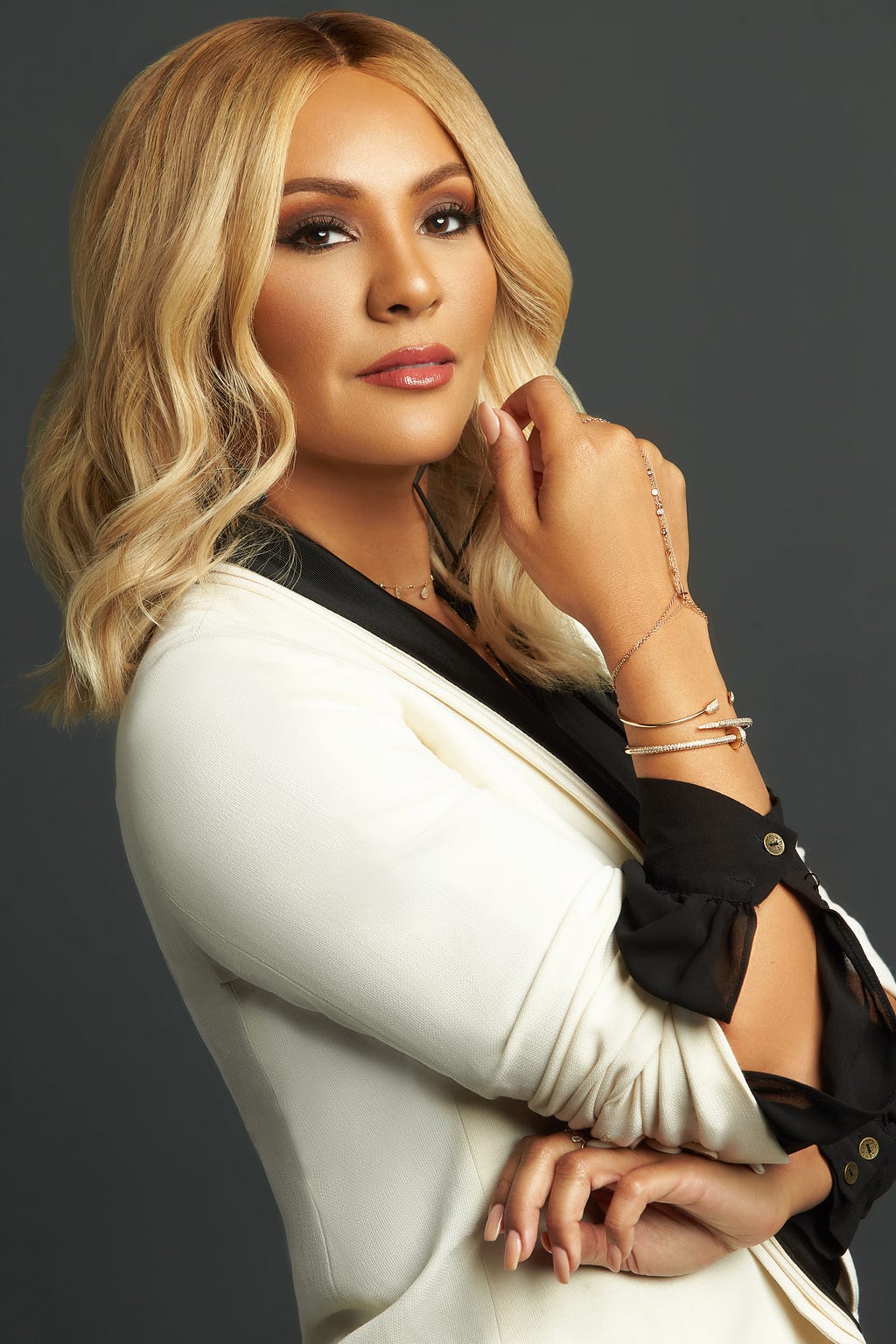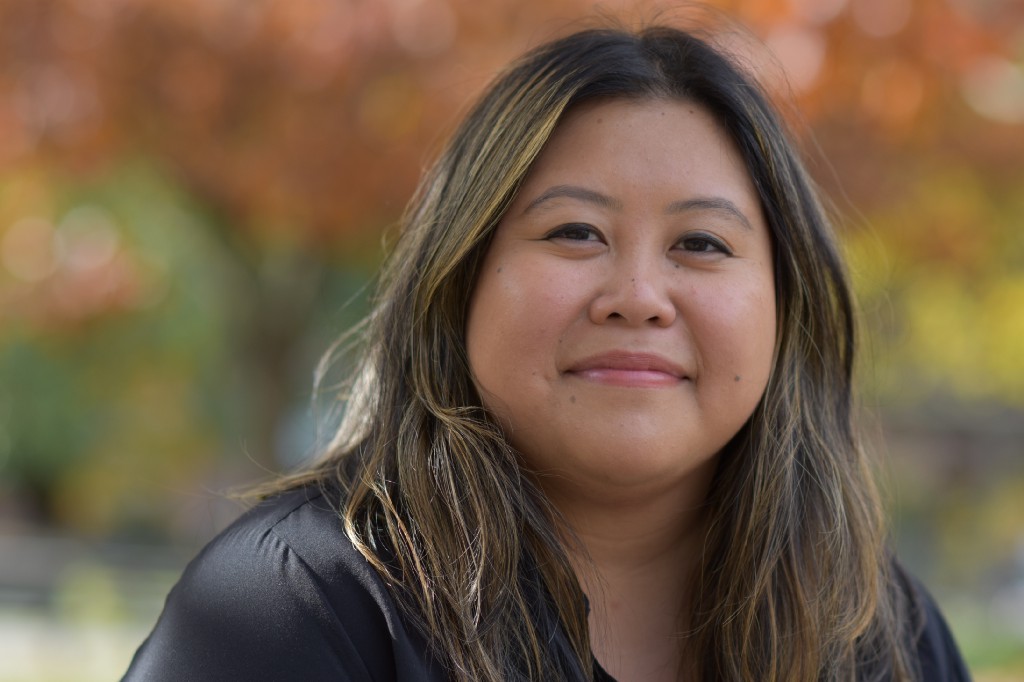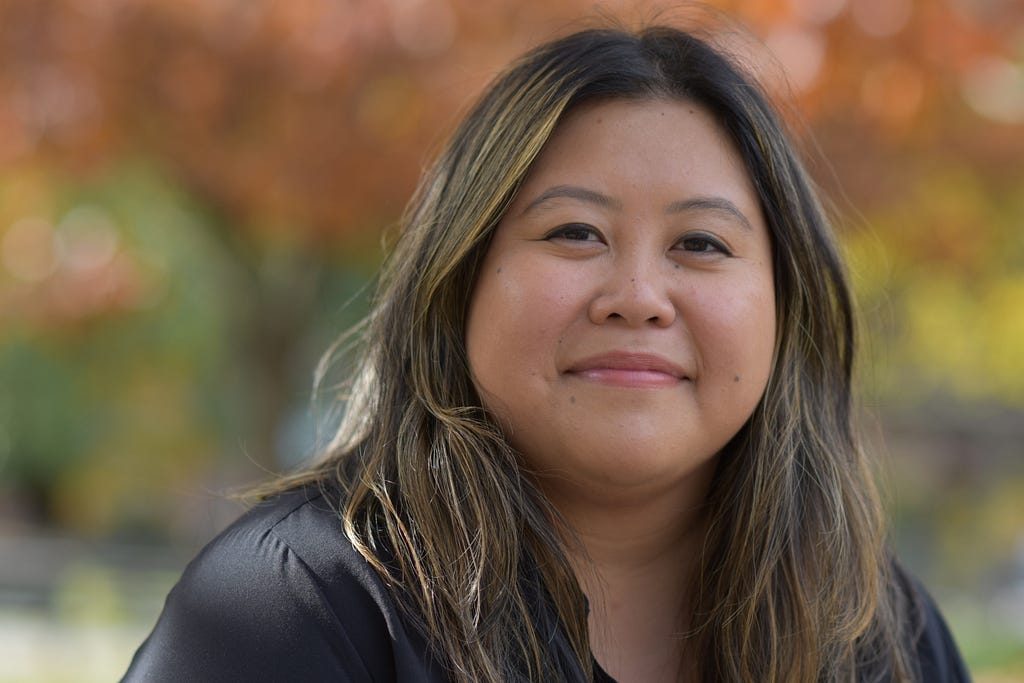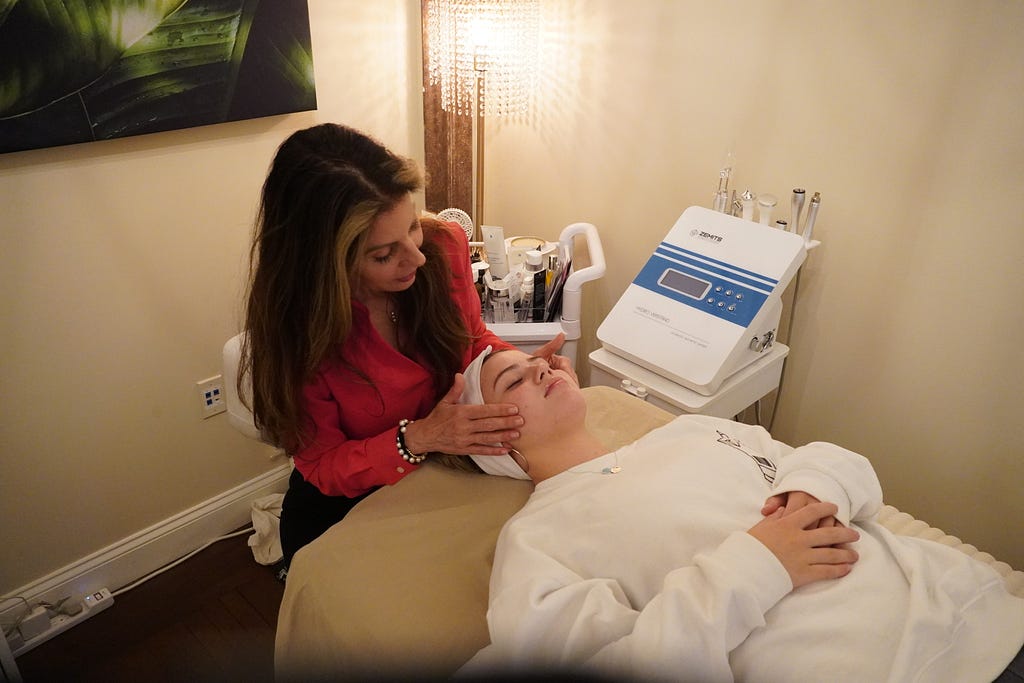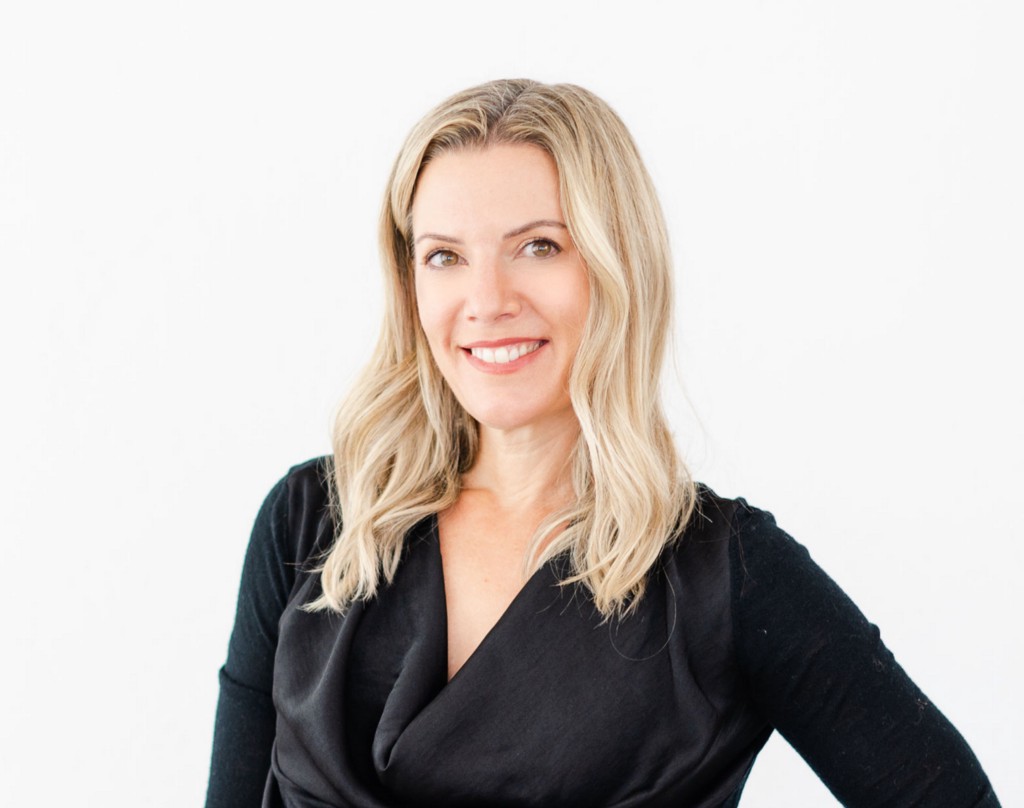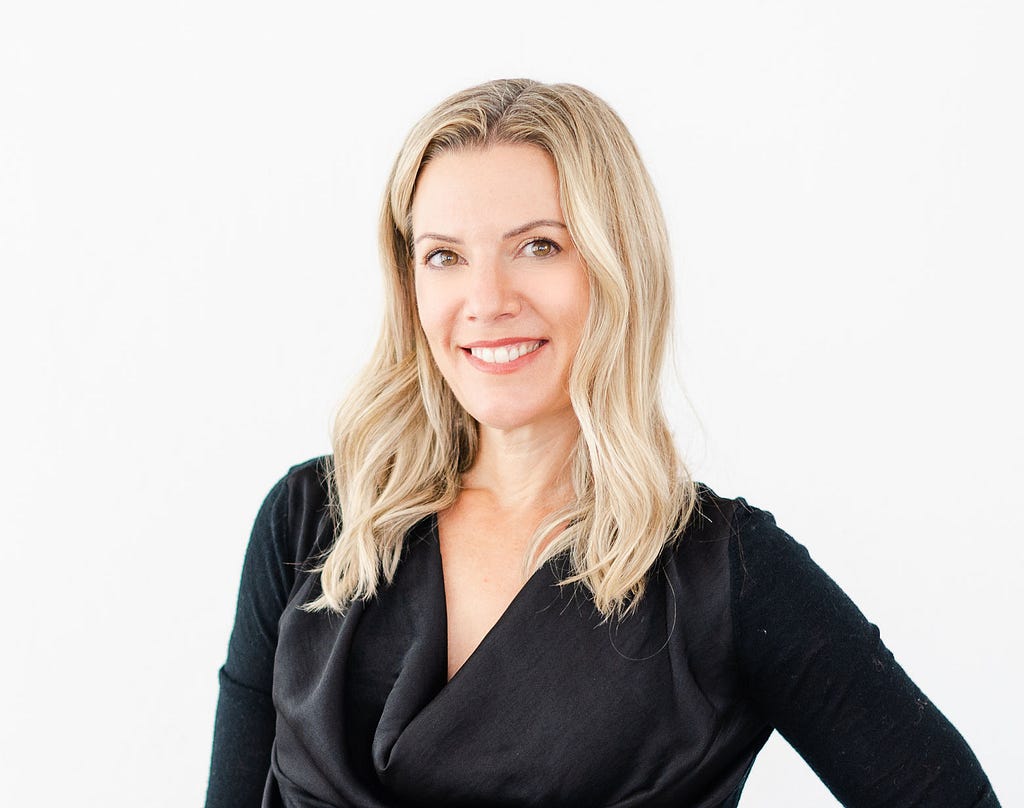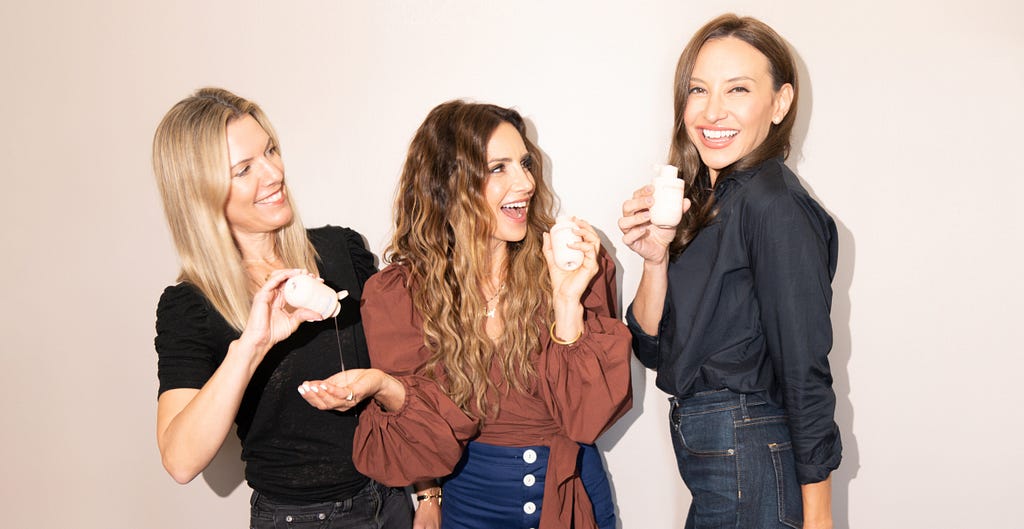Dean Schwartz of BudClub: 5 Things I Wish Someone Told Me Before I Started Leading a Cannabis or CBD Business
An Interview With Candice Georgiadis
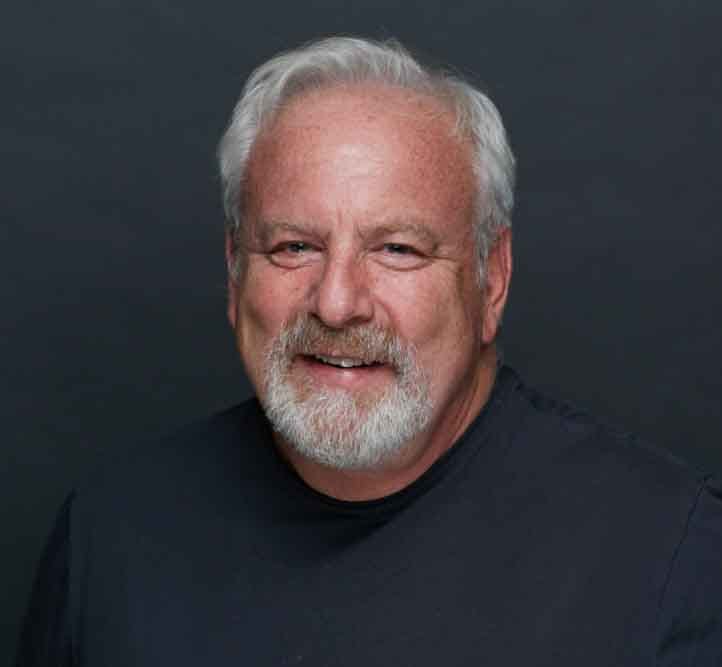
I wish I understood the really tough challenge of trying to activate customers and getting them to buy. Selling a home grow kit is like convincing someone to take a cooking class. It’s something you think about doing one day but it’s hard to convince a person to commit. It’s just easier to go to nice restaurants rather than learning how to cook great food.
As part of my series about “5 Things I Wish Someone Told Me Before I Started Leading a Cannabis Business” I had the pleasure of interviewing Dean Schwartz.
Dean Schwartz is a classically-trained brand strategist and marketing innovation consultant who works with both established and emerging consumer, healthcare, and technology companies.
Dean started his career in consumer advertising working for top global agencies where he drove global brand strategy and campaign development for leading consumer brands. He helped create numerous award-winning advertising campaigns including
“Aleve, All Day Strong All Day Long”, “Tough Actin Tinactin”, “Crest, Healthy Smiles for Life” and the Nyquil morning-after litany.
In 2000, Dean moved into strategic consulting helping companies transform their science into highly differentiated products and brands that customers love. Dean has expertise across all aspects of branding and innovation including research and strategy, product ideation and design, positioning and claims development, branding and packaging, website and advertising development (broadcast, digital, mobile, social, HCP, and trade).
More recently, Dean has changed his professional efforts to focus on his personal passion which is cannabis cultivation. His personal mission is to help the world learn how to grow high, quality organic cannabis. He has developed the BudClub kit, a super easy 3 step organic home grow system for “dummies”. It’s designed to teach beginners how to grow big, beautiful buds so they never have to pay for quality cannabis again.
Thank you so much for doing this with us! Can you share with us the story about what brought you to this specific career path?
Sure. I’ve been lucky to have a 40 year career in marketing and advertising working with healthcare and pharmaceutical companies. I own my own marketing agency. But I’m not a big medicine guy. I’ve always been into eating healthy and living a healthy lifestyle.. So I wanted to start a new business that’s more personally connected to my values and beliefs. I decided to focus on home cultivation of cannabis because I believe people, especially medical users shouldn’t have to pay dispensary prices for cannabis that’s inferior quality and less healthy than home grown weed. Research shows that over 50% of cannabis users want to grow their own cannabis but only 4% actually do. The reason they don’t home grow is that they don’t know how and they’re concerned they’ll screw it up. I launched the BudClub kit to fulfill my personal mission which is to teach the world how to home grow big beautiful organic cannabis buds so they never have to pay for cannabis again. I designed the kit for Home Grow Dummies so it’s easy to use and foolproof. It’s the only kit that comes with seeds, and components for growing and harvest.
Can you share the most interesting story that happened to you since you began leading your company? Can you tell us what lesson you learned from that?
I have run my own marketing and advertising company for the last 20 years. And I’ve managed and executed multi-million dollar TV and digital campaigns for large consumer products companies with very well know brands. But I never had a full appreciation for the pressure that clients feel until I started BudClub and started investing my own money, It’s particularly difficult when you’re launching a new business…which means you’re investing your own money in a business that produces no revenue. It’s even scarier when you start having to invest in paid advertising and social media. This has taught me a lot. I’ve learned about the importance of generating sales, and not just visibility in the marketplace. This means every tactic must be viewed and judged based on ROI. And, I’ve learned to be a lot smarter and more targeted about the way I spend marketing dollars…again making sure that every investment delivers to the bottom line.
Can you share a story about the funniest mistake you made when you were first starting? Can you tell us what lesson you learned from that?
When I first started the business I ordered a grow tent in order to start growing. The kit arrived in a very large box. Fast forward a couple of years and the grow tent is still sitting in an unopened box. To be honest, I just couldn’t deal with the complexity and hassle of setting up the tent. Which led to my first big lesson…that most people are intimidated by the cannabis growing process. And so while they’re interested in trying to home grow they need a simple, low cost system that will enable them to succeed. Thus, the BudClub kit was born…
Are you working on any exciting projects now? How do you think that will help people?
We’re about to launch our “Give one/Get One” holiday promotion bundle. It’s all about helping people grow together and discover the joy of home growing. We’re selling a complete 5 gallon bundle that includes a grow kit, harvest kit and seeds. And we’re giving away a second 5 gallon bundle kit for free so friends and family can grow together.
None of us are able to achieve success without some help along the way. Is there a particular person who you are grateful towards who helped get you to where you are? Can you share a story?
Yes, I am very grateful to Treena, a personal coach I worked with when I started the business. She helped me understand the importance of being centered and focusing on the values that matter to me. I came to understand the joy that comes when you combine the work you do with the values and beliefs that define you as a person. The BudClub business lets me combine my love of marketing with my passion for helping others live healthy, more satisfying lives. I love what I’m doing now and believe I’m helping to improve the planet.
This industry is young, dynamic and creative. Does your company use any clever and innovative marketing strategies that you think large legacy companies should consider adopting?
We are a young company and we’re just getting started. We have a lot to learn. Though I’m lucky to have extensive experience as a marketing and advertising consultant. So I’m in a great position to apply marketing best practices to growing my business. The big thing I’m focused on is creating an omni channel presence by combining PR, paid advertising and SEO behind a simple focused message. And, we’re offering extremely high value product bundle promotions to activate the 50% of cannabis users who are interested in growing their own.
Can you share 3 things that most excite you about the Cannabis industry? Can you share 3 things that most concern you?
It’s exciting to see this huge industry come out of the darkness and form right in front of our eyes. The market is still in the early stages so it’s ripe for new ideas and product innovation. It’s exciting to be in an industry that helps people live healthier, happier lives. I’ve seen the difference that cannabis makes to people in physical and emotional pain.
My biggest concern is all the restrictions on cannabis marketing and advertising which make it much harder to build awareness and interest in products. I’ve created and deployed multi-million dollar advertising campaigns for powerful pharmaceuticals products with severe side effects in TV and other media with no restrictions. Yet, I can’t do the same thing for the magical and incredibly safe cannabis plant. It’s insane. I’m also concerned about Big Agriculture swooping in to dominate the cannabis industry.
Can you share your “5 Things I Wish Someone Told Me Before I Started Leading a Cannabis Business”? Please share a story or example for each.
I have 4 wishes:
- Just how regulated cannabis marketing is and what a challenge it is to break through to customers.
- How much fun it is to work in the business. The people are awesome and the process is a kick.
- I wish I understood the economics of an eCommerce business and the high cost of acquiring a customer.
- I wish I understood the really tough challenge of trying to activate customers and getting them to buy. Selling a home grow kit is like convincing someone to take a cooking class. It’s something you think about doing one day but it’s hard to convince a person to commit. It’s just easier to go to nice restaurants rather than learning how to cook great food.
What advice would you give to other CEOs or founders to help their employees to thrive?
Not sure I’m in a good position to give advice. This is still a young business and there’s a lot I need to learn. Honestly, I should be getting advice and not giving it now.
You are a person of great influence. If you could inspire a movement that would bring the most amount of good to the most amount of people, what would that be? You never know what your idea can trigger. 🙂
The movement I want to inspire is a Home Grow Revolution. My personal mission is to teach the world to home grow cannabis. Home grown weed is healthier, stronger and more flavorful. It’s also a whole lot cheaper than buying in a dispensary. And, for people who use medical cannabis, home growing lets them have a steady, reliable supply of the chemovar they need for mental or physical relief. It’s absolutely crazy for people…especially now during challenging times…to be dependent on expensive dispensary weed that inferior to home grown product.
What is the best way our readers can follow you on social media?
I’m just getting active on social media. People can join the BudClub community on our Instagram page.
This was very inspiring. Thank you so much for joining us!
Dean Schwartz of BudClub: 5 Things I Wish Someone Told Me Before I Started Leading a Cannabis or… was originally published in Authority Magazine on Medium, where people are continuing the conversation by highlighting and responding to this story.


